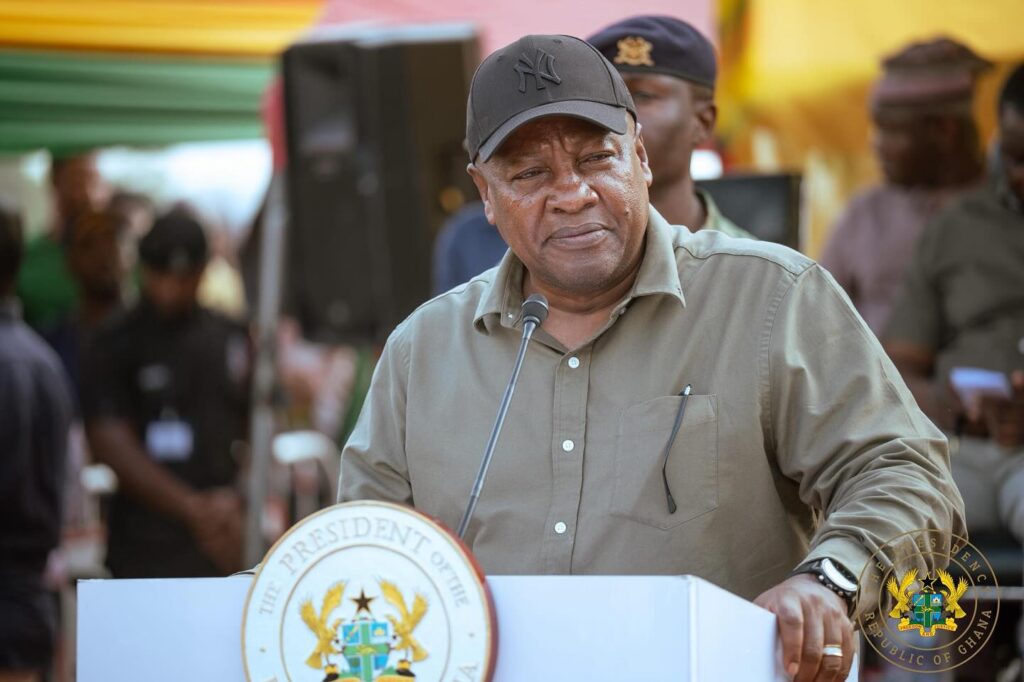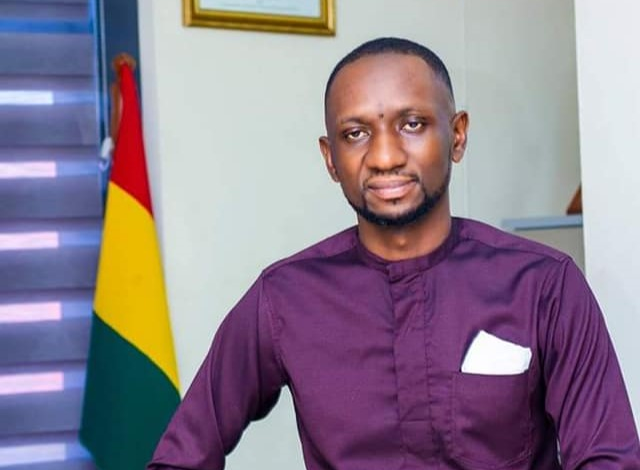President John Dramani Mahama has officially launched the “Nkoko Nkitinkiti” initiative, a nationwide programme aimed at transforming household poultry production and revitalising Ghana’s poultry industry.

Speaking at the launch in Kumasi on Wednesday, November 12, the president described the initiative as a bold and practical step towards achieving food self-sufficiency and empowering communities.
He said that the project was “more than just a government intervention,” calling it “a national movement, a courageous step towards restoring food self-sufficiency, strengthening household resilience, and fostering sustainable livelihoods for tens of thousands of Ghanaians, especially women, youth, and vulnerable families across our country.”
The “Nkoko Nkitinkiti” initiative forms a key part of the Poultry Industry Revitalisation Programme, which itself is a flagship component of the broader Feed Ghana Programme, a national plan designed to drive agricultural transformation, food sovereignty, and shared prosperity.
President Mahama said the decline of Ghana’s once vibrant poultry sector, citing persistent challenges such as high feed costs, limited access to improved breeds, inadequate processing capacity, and heavy dependence on imports.
“In 2023 alone, Ghana spent over $350 million importing poultry products. That is a drain on our foreign exchange and a missed opportunity for our farmers and entrepreneurs. We must, and we will, reverse this trend.”
According to him, the time has come for Ghana “to reclaim the pride of producing, processing, and consuming what we ourselves grow.”
President Mahama said the Feed Ghana Programme is built on a three-pronged strategy aimed at restoring the poultry value chain from the household level to commercial production.
He said the first component, the Poultry Farm-to-Table Project, would support 50 anchor farmers selected from across the country.
“Each of these 50 anchor farmers will receive 80,000 birds, housing, logistics, and technical support. Together, they are expected to produce 4 million birds. This will boost local feed demand and establish direct market connections between producers and processors.”
He added that the second component, supported by the Food Systems Resilience Programme, targets 500 small and medium-scale poultry farmers across all regions.
“We are supporting 500 small and medium-scale poultry farmers across all regions to produce 3 million birds, bridging the gap between large-scale farmers and community-based producers.”
He described the third and most community-driven aspect as the “Nkoko Nkitinkiti” or Backyard Poultry for Nutrition and Livelihoods initiative, which seeks to bring poultry farming directly into homes, schools, and communities.
“This initiative is designed to bring poultry production directly to the doorsteps of every Ghanaian in homes, in schools, and in communities across the country. Vulnerable households will receive pullets and starter packs to initiate production, transforming subsistence into self-sustaining livelihoods.”
President Mahama revealed that under this phase, the government will distribute 3 million birds across all 276 constituencies, with each constituency receiving 10,000 birds, benefiting approximately 60,000 households.
“Each household participating in the programme will receive 50 birds, field support, and technical guidance to ensure the sustainability of their project. The breeds, pullets, and cockerels have been selected for their resilience, adaptability, and high productivity under local conditions.”
The Minister for Food and Agriculture Eric Opoku said the country has been overly depending on imported chicken.
In 2022, Ghana only produce 15,000 tones out of over 300,000 tonnes which is about 4 percent.
This also means, Ghana is creating employment for other countries whenever chicken is imported.






No comment yet, add your voice below!